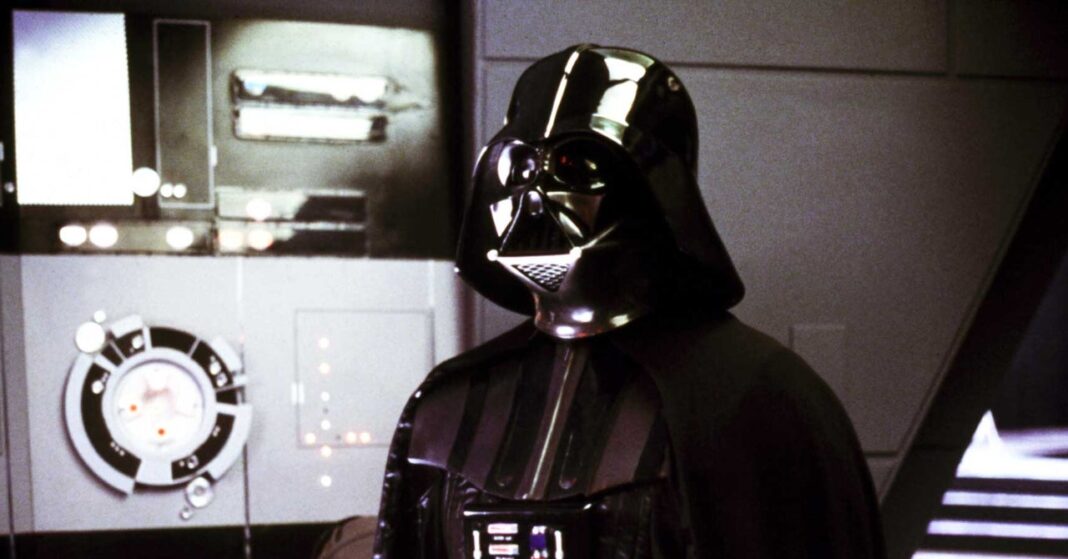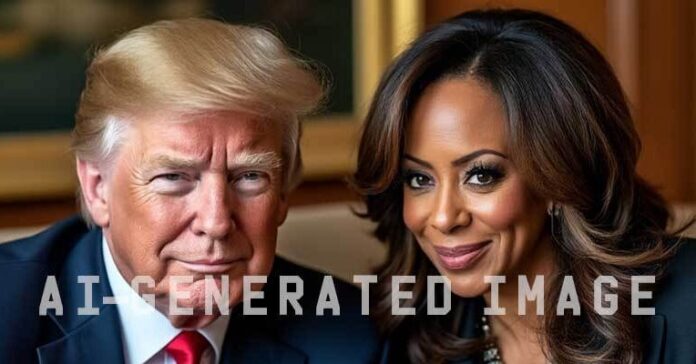In Short:
James Earl Jones, the iconic voice of Darth Vader, passed away at 93, leaving a significant impact on the character. While his talent is irreplaceable, Lucasfilm plans to use AI technology to recreate Vader’s voice, based on Jones’ past performances. This raises questions about the emotional and artistic implications of AI in entertainment, particularly following his death. Future depictions of Vader will test fans’ responses to AI-generated performances.
The recent passing of James Earl Jones, who died on Monday at the age of 93, marks a significant moment in cinematic history. Renowned for providing the iconic voice of Darth Vader across numerous Star Wars properties, from A New Hope to Star Tours, he infused the character with a unique gravitas that made the Dark Side compelling. His departure raises questions about the future of the character and the integrity of the performances associated with him.
Transition to AI Technology
Despite his passing, the legacy of Vader continues, thanks to advancements in artificial intelligence. In recent years, when Jones contributed lines for The Rise of Skywalker, he indicated a desire to conclude his portrayal of the Sith Lord, as reported by Vanity Fair. To maintain the character’s vocal authenticity from the early films, Lucasfilm collaborated with Respeecher, a Ukrainian company specializing in AI voice recreation. Jones authorized the use of his archival performances to train the AI model.
Impact of AI Voice Recreation
The work completed by Respeecher, notably during the backdrop of Russia’s invasion of Ukraine, was featured in the series Obi-Wan Kenobi. The future portrayals of Vader may increasingly rely on this AI technology. Representatives for both Lucasfilm and Respeecher have not yet responded to inquiries regarding their plans moving forward.
AI and Industry Dynamics
The death of Jones prompts significant discussions about the future of AI-generated performances within the entertainment industry. During last year’s prolonged strike by the Screen Actors Guild-American Federation of Television and Radio Artists (SAG-AFTRA), one central issue was whether studios should obtain permission to use an actor’s past performances to train AI models. SAG ultimately secured protections concerning AI use in performance recreation.
Emotional Considerations
The fate of the Darth Vader voice is less about legal rights—Jones granted permission—and more about the emotional resonance for audiences. Will Lucasfilm, or its parent company Disney, choose to feature an AI-generated Vader in future productions in light of Jones’ death? The reception by fans will also be critical. With a character as iconic as Vader, should there be an emotional threshold for fans to accept AI-generated performances?
Posthumous Performances in Pop Culture
Posthumous performances have become a notable component of pop culture, exemplified by instances such as Audrey Hepburn promoting Dove chocolates and the hologram representation of Tupac at Coachella. However, unlike these previous examples, Jones was actively involved in this process, allowing his voice to be recreated with AI prior to his passing. The success of AI-generated portrayals like Vader will likely depend on how they are conceived and executed. A full feature film may face scrutiny compared to a brief cameo or a flashback appearance, presenting a test of fan acceptance for the character now that the legendary voice has been silenced.





